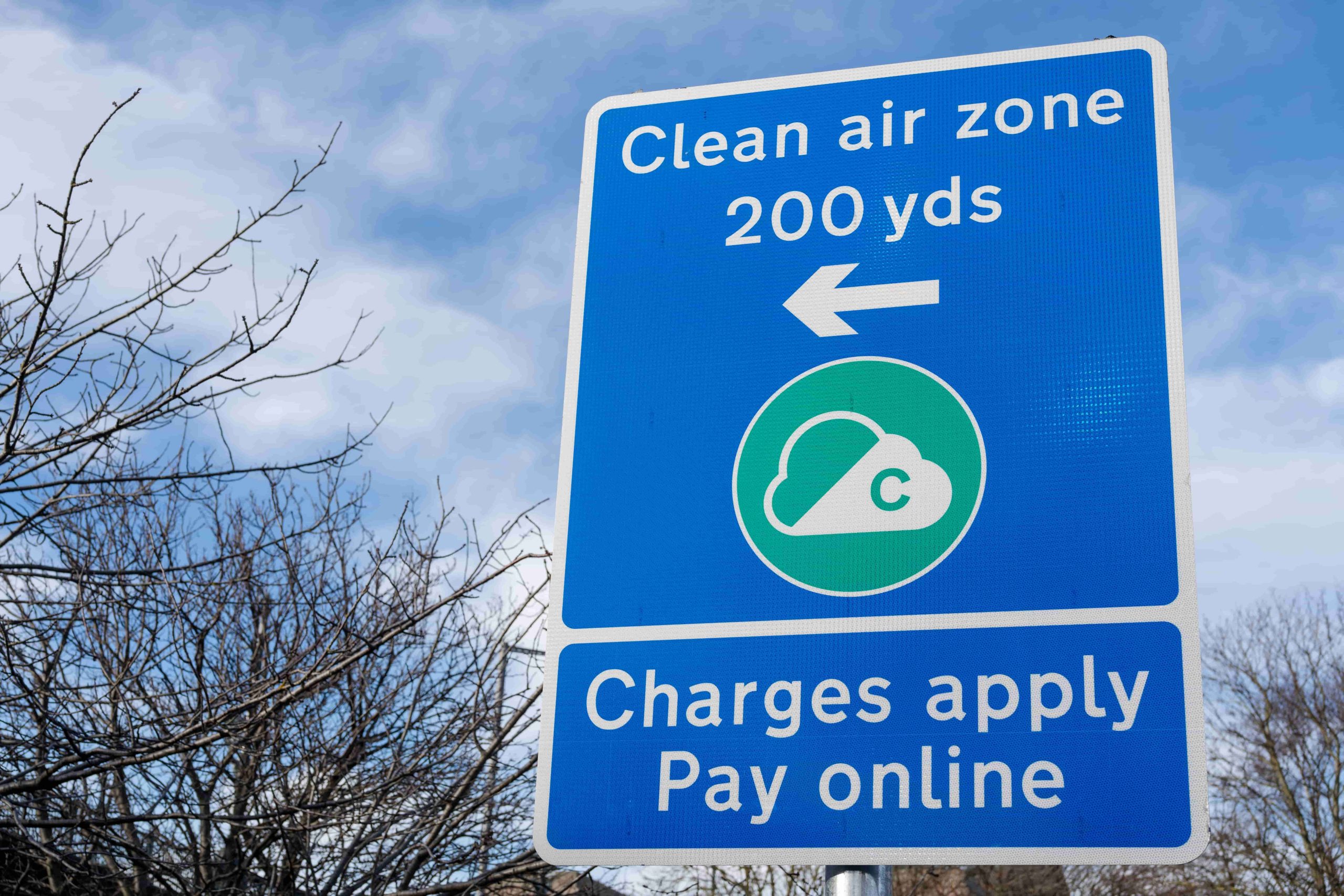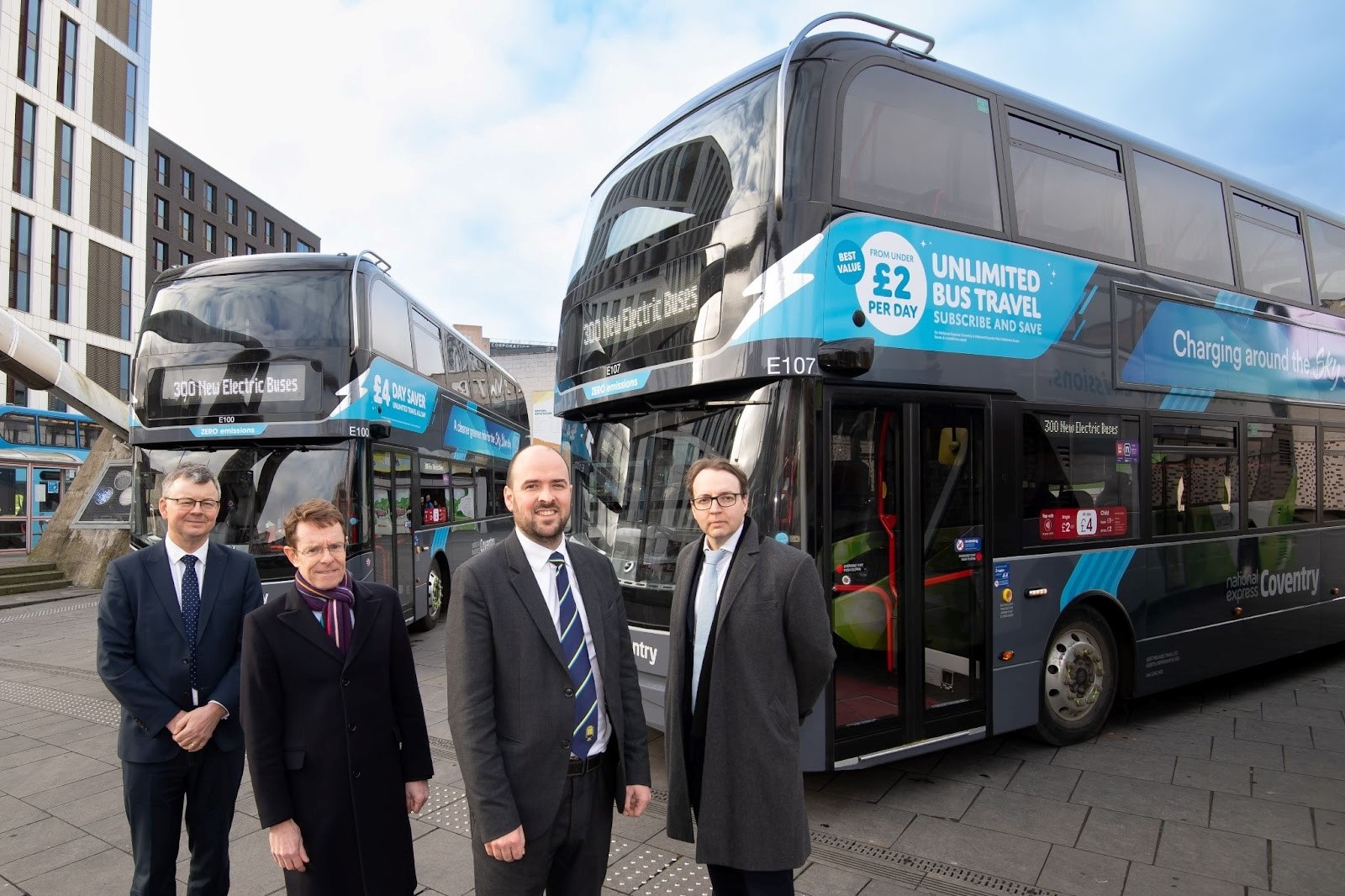February is here already and much uncertainty remains over funding, air quality measures and priority. But there is cause for optimism, writes Ralph Roberts
Here we are, into February already, and uncertainty remains over future government support for bus users.
No one wants to be in this position, and those in the industry close to the effects of cutbacks are feeling the strain. Operators are getting ready for the transition by de-registering mileage, and this is being compounded by some local authorities removing funding for supported mileage. Up to the pandemic, local authority funding cuts were the biggest reason for de-registered local services since 2010 by far. I do hope that we are not about to experience austerity 2.0.
So, is it all doom and gloom? In fact, no. The £2 fares cap is creating positive news coverage for the industry and that is always a good thing. We must embrace and use this as much as we can. Quite how we will cope, if in the worst-case scenario we do lose government support, combined with an expectation for lower farebox revenue, remains to be seen. It will take some deft work in the weeks ahead.
But, we have the ‘good news’ springboard to assist us, and hopefully some good evidence of what a widescale fares cap can achieve.
I see that Newcastle introduced its Clean Air Zone on 30 January, but cars are exempt for some reason. Clearly, the city policymakers missed the Department for Transport stats about which vehicles pollute the most – Newcastle and Gateshead must have a unique microclimate that shrugs off the effects of the car. A missed opportunity and one that will reflect badly upon the city when it is examined in the future. Quite why it wishes to deter coaches and buses is not apparent in what has been communicated so far. One of those myopic policies that I often rail about!
Confederation of Passenger Transport (CPT) CEO, Graham Vidler, gave evidence to the Transport Select Committee on 25 January where the initial thrust of the evidence was about the lack of bus services in rural areas. All local authorities present asked for the exact same things we in the bus industry ask for: Funding, road space, and constraint on the private car. This is hugely positive and reinforces my belief that our industry has better times right around the corner. Just now, it is rural authorities, but before long, urban authorities will awaken to the fact that a package of policies that include bus priority lanes to allow for mass transit is a big part of the answer. Indeed, some councils have already done this.
I read with interest the report from the Times journalist that tried travelling by inter-city coach and marvelled at how good it is. This should not be such a well-kept secret, and I believe that there is a boom coming in inter-city coach travel. It is such good value for money that, at a time like this, will be the default for those travelling on a tight budget, but still want a quality, consistent and comfortable trip.
As ever, we have a mixed bag of circumstances before us and what will make the difference will be the great people that we have in this superb industry of ours. You should come along to the CPT Conference at Birmingham on 30-31 March to network, meet suppliers and make sure that you are abreast of all the latest developments. If you see me, please come and say hello.



























